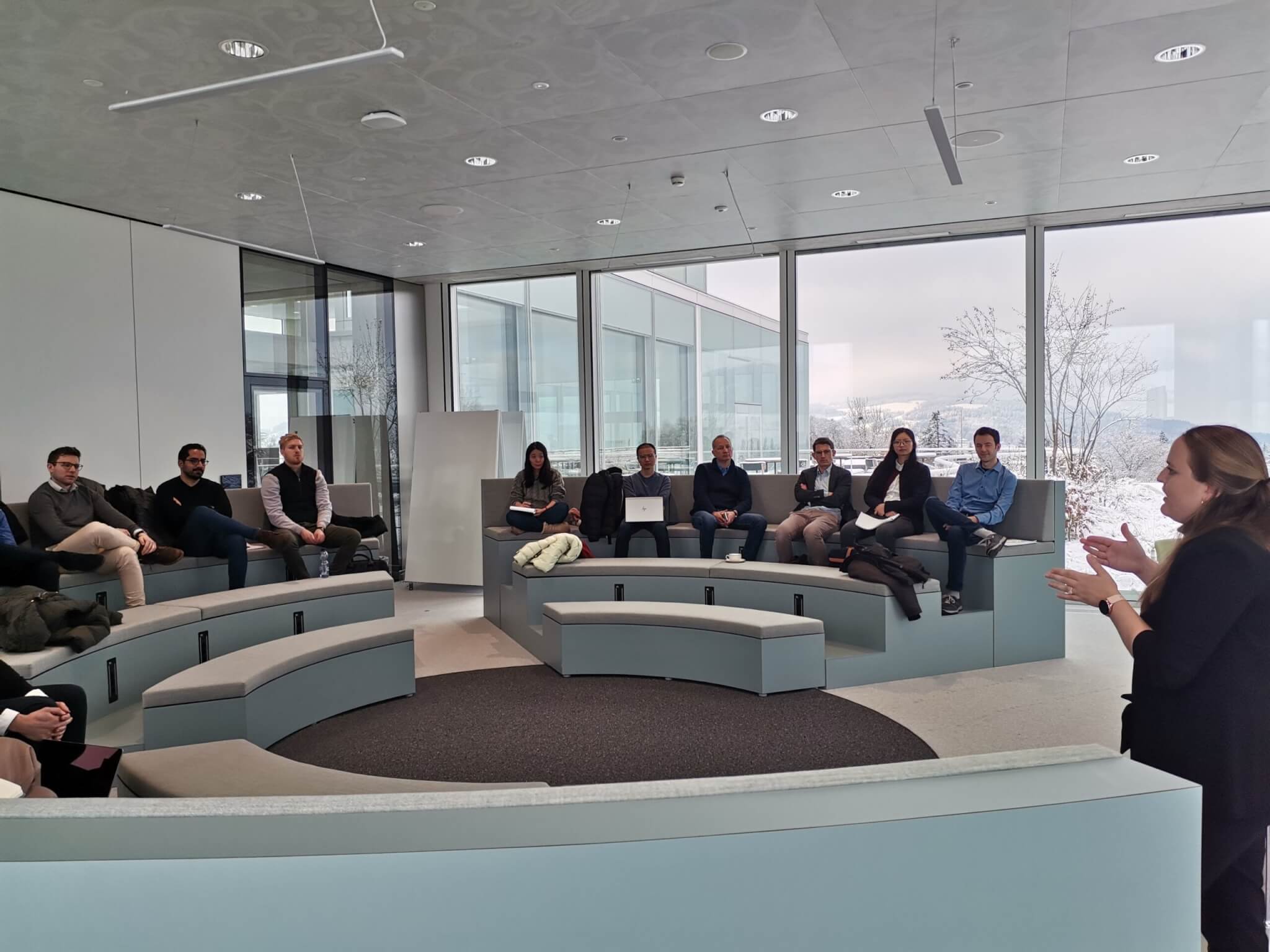A truly global seminar (Asia, America, Europe) today in the nicest seminar room of our university. Thanks to Dana Telljohann from Florida State University, Ruo (Alex) Jia from Peking University and Jakob Walter from the University of St. Gallen for their interesting presentations on “U.S. Homeowner Insurers’ Supply Decisions based on Natural Disasters and Regulatory Environment”, “Explainable Artificial Intelligence in Insurance” and “Health cost risk, informal insurance, and annuitization decision”.
These are the abstracts of their presentations:
U.S. Homeowner Insurers’ Supply Decisions based on Natural Disasters and Regulatory Environment (Dana Telljohann)
As natural disasters increase in both frequency and severity, insurers must decide whether they can continue to provide coverage in areas which are most impacted by these catastrophic events. In this paper, we examine whether insurers’ willingness to offer homeowners coverage following catastrophic events is affected by regulatory intervention. We use rate, form, rule, and new business filings submitted by insurers for the period of 2004-2021 to estimate the impact of regulation on insurer supply decisions. We identify each state where an insurer operates and whether the insurer has experienced a natural catastrophic event and submitted a filing within that state. We compare insurers that do not submit a filing within a state to those that submit a filing to understand whether a filing approval affects the likelihood that an insurer will materially change their premium volume. Using a logit model, we find that insurers who request a regulatory filing within a state are less likely to materially reduce premiums volumes if the filing is approved.
Explainable Artificial Intelligence in Insurance: Implications for Competition and Policy (Jakob Walter, Martin Eling)
This paper investigates competitive dynamics associated with the use of artificial intelligence. We focus on the fundamental tradeoff between performance and explainability. This tradeoff, referred to as explainable artificial intelligence (XAI), is well-established in the computer science literature but, to our knowledge, has not yet been explored in the insurance, finance and economics literature. We show that XAI mitigates adverse selection if system usability benefits are sufficiently low. Recent empirical evidence indicates that this is the case. Yet, it also suggests that XAI affects policyholder trust, thus alleviating the mitigation in adverse selection. We show that form and magnitude of system usability benefits play a crucial role. Our model implies that the need for regulatory policy is determined by the relation of system usability benefits and trust gains with differentiation and information advantages.
Health cost risk, informal insurance, and annuitization decision (Meitong Ai, Ming Gao, Ruo Jia)
We provide empirical evidence regarding the impact of health cost risk on annnuitization decisions. We find that health cost risk increases the probability of pension participation, but decreases the amount of pension contribution for pension participants. The positive effect of health cost risk on pension participation contradicts the theoretical prediction and is driven by the substitution effect of children provided informal insurance. The effect of informal insurance is stronger with better educated children, among individuals with informal social networks, within low-income group, but has no gender difference. We rule out alternative explanations of income and land ownership. Our results emphasize the importance of informal insurance when analyzing the impact of health cost risk on annuitization decisions, especially in developing economies with immature insurance market.
